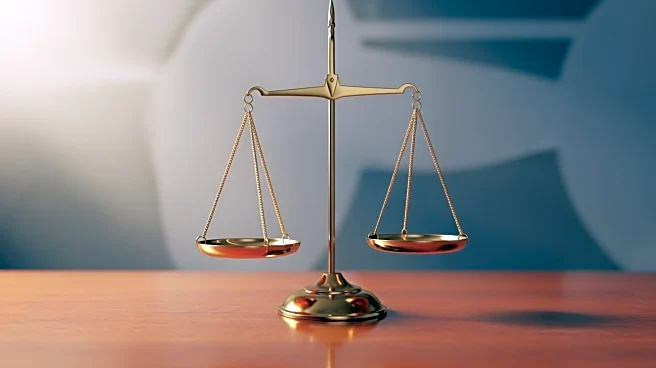What's Happening?
Rodrigo Paz, a right-leaning centrist and son of a former president, has won Bolivia's presidential election. The election was marked by voter dissatisfaction with the country's economic challenges, including
rising prices and fuel shortages. Paz defeated Jorge Tuto Quiroga, a conservative former president, in a runoff election, ending two decades of leftist rule. Paz's victory was driven by his promise to address economic issues and restore confidence in Bolivia's governance. He secured 54% of the vote compared to Quiroga's 45%, with over 97% of votes counted.
Why It's Important?
Paz's victory represents a significant political shift in Bolivia, potentially altering the country's economic and foreign policy direction. His administration is expected to focus on economic reforms to address the pressing issues of inflation and fuel shortages. The election outcome could also impact Bolivia's relations with the United States, as both candidates had expressed a desire to strengthen ties. Paz's leadership will be closely watched by international observers and investors, as his policies could influence Bolivia's economic stability and regional influence.
What's Next?
As Paz prepares to take office, his immediate focus will likely be on implementing economic reforms to stabilize the economy. He may also seek to strengthen diplomatic relations with the United States and other countries. The new administration's approach to governance and policy-making will be critical in determining Bolivia's future trajectory. Political analysts and stakeholders will be monitoring Paz's actions closely to assess the potential impact on Bolivia's domestic and international standing.








